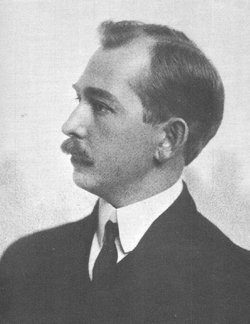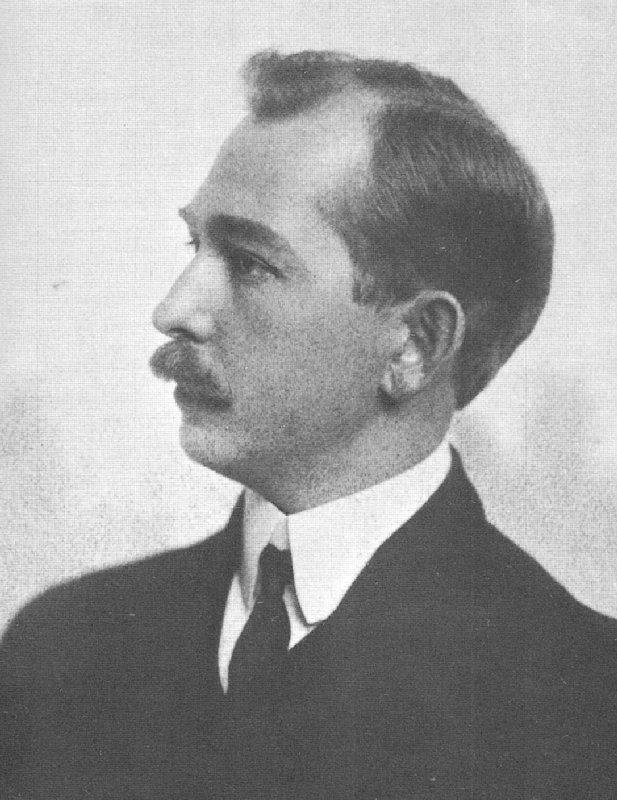McClung is best known for discovering the role of chromosomes in determining gender. He discovered this while working on grasshoppers. His study of the mechanisms of led to his 1901 hypothesis that sex was determined by an extra, or accessory, chromosome. The discovery of the sex-determining chromosome provided some of the earliest evidence that a given chromosome carries a definable set of hereditary traits. He also studied how the behavior of chromosomes in the sex cells of different organisms affects their heredity.
He also worked in paleontology, and in particular on the study of fossil fish from the Late Cretaceous chalk of western Kansas. In 1924, he described an enigmatic genus of extinct fish: McClung, C.E. 1926. Martinichthys, a new genus of Cretaceous fish from Kansas, with descriptions of six new species. Proceedings of the American Philosophical Society 65 no. 5, (suppl.) 20-26, 2 pls.
McClung is best known for discovering the role of chromosomes in determining gender. He discovered this while working on grasshoppers. His study of the mechanisms of led to his 1901 hypothesis that sex was determined by an extra, or accessory, chromosome. The discovery of the sex-determining chromosome provided some of the earliest evidence that a given chromosome carries a definable set of hereditary traits. He also studied how the behavior of chromosomes in the sex cells of different organisms affects their heredity.
He also worked in paleontology, and in particular on the study of fossil fish from the Late Cretaceous chalk of western Kansas. In 1924, he described an enigmatic genus of extinct fish: McClung, C.E. 1926. Martinichthys, a new genus of Cretaceous fish from Kansas, with descriptions of six new species. Proceedings of the American Philosophical Society 65 no. 5, (suppl.) 20-26, 2 pls.
Family Members
Sponsored by Ancestry
Advertisement
Records on Ancestry
Advertisement










